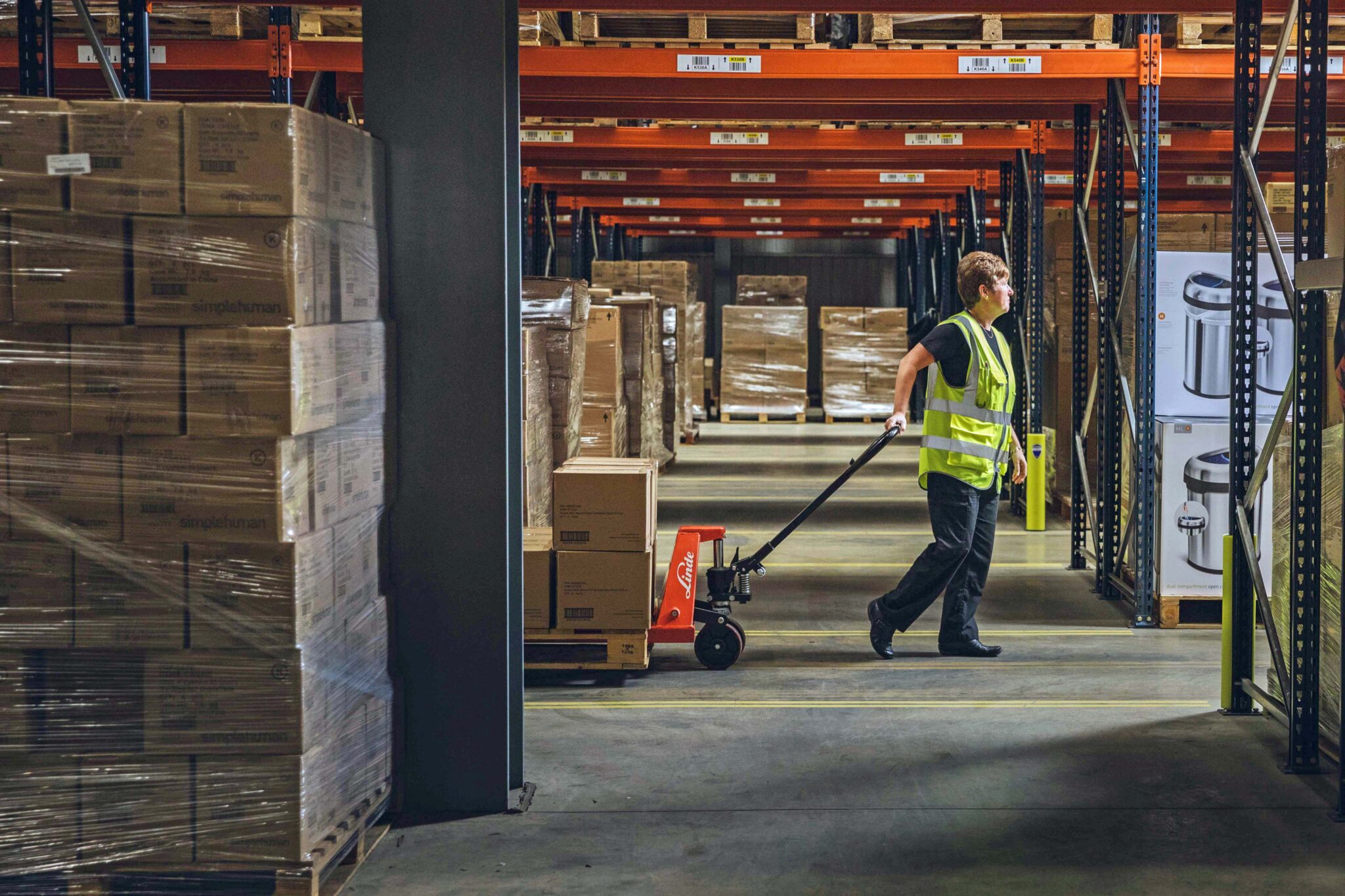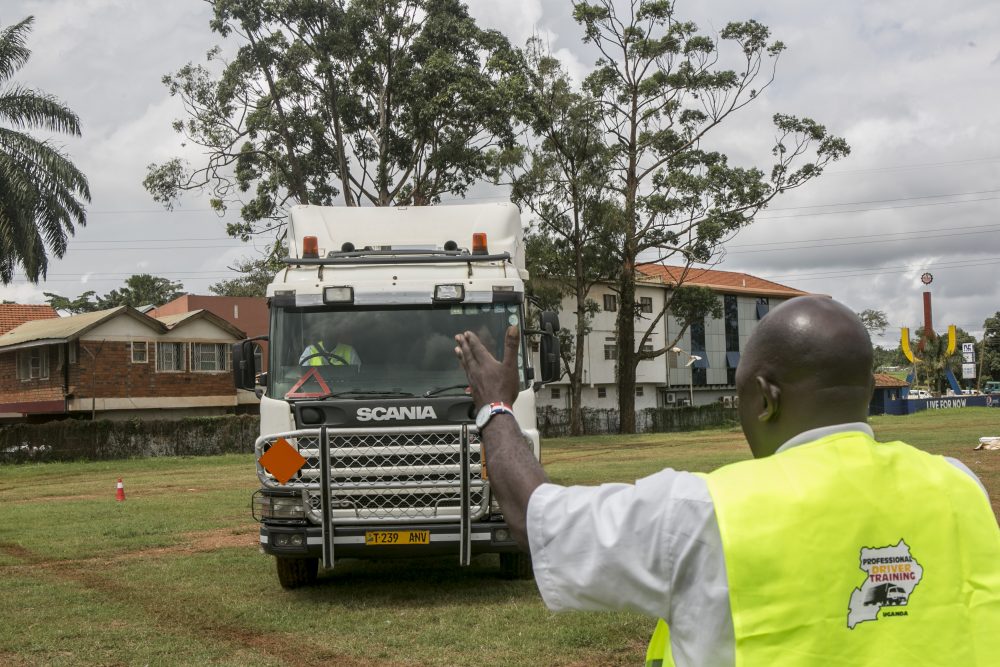In this article, supplied by Leigh Anderson, Managing Director, Bis Henderson Recruitment, we look how a changed commercial and social environment is having an effect on talent recruitment and retention in the supply chain industry.
From producers to processors, wholesalers and retailers, the food industry employs many of the sharpest minds in supply chain management. In an industry based on the tightest of margins, where the smallest change can have great consequences, supply chain threats and opportunities arise on a daily basis. From crop failures, bad weather, transport delays, production breakdowns, health scares, to heatwaves, ‘superfood’ fads and celebrity endorsements, food supply chain managers’ ability to resolve a continuous stream of issues, that the consumer barely notices, is a marvel.
They’re good. So why are businesses across the food supply sector now in the market for yet more high-level supply chain talent? It’s because the challenges today, and for the future, are not just the continuing tactical firefighting, but an unprecedented and urgent range of strategic issues.
Pace of change
Historically, the pace of strategic change in the food industry has been that of the escargot. Developments in technology, such as canning, freezing, microwaveable foods, or channel changes from open markets to High Street shops to supermarkets, took decades to become established and the industry has been able to adapt its supply and logistics arrangements at a leisurely pace.
That is no longer true. In only a few years, for example, veganism has moved from being an eccentricity to a mainstream market that few in the industry can afford to ignore. In quick time too, concerns around animal welfare, food miles and provenance generally have left the middle-class dinner parties to inform the food shopping decisions of the whole nation, while eCommerce and home delivery is transforming how, where and what people eat.
These trends are not short-term tactical problems to be solved but sea changes that affect the food chain at all levels. At every turn, strategies are having to be reconsidered, and food companies are seeking to augment their tactical supply chain capabilities with people who can bring innovative, even visionary, strategic thinking to bear.
For example, COVID and Brexit have exposed acute shortages of warehousing space (especially in chilled/frozen) but as our colleagues at BH Space report, the UK was seriously ‘under-warehoused’ anyway. There is an urgent requirement for strategic thinkers who can devise robust and resilient, but flexible, ways of housing increased volumes both of raw materials and of finished products, for domestic and overseas markets.
Supply chain pressure
Manufacturers’ supply chains and logistics are also under ever greater pressure from the large grocery retailers, as they respond to changes in consumer behaviour – such as, more eating at home and more bulk buying of long-life products. Retailers are changing their own models, and of course responding to each others’ developments. Just recently, Iceland announced a big move into fresh food, while Amazon Fresh has opened its first two physical grocery stores in the UK.
Change on this scale means that existing supply relationships are no longer locked in. Current suppliers will have to work extra hard at maintaining relationships, fulfilling new patterns of demand and fulfilment, and ‘future proofing’ their business, including adapting to the technologies that Amazon Fresh, Ocado and others are introducing. Meanwhile there are unprecedented opportunities for smaller manufacturers to grab a slice of the action, if they can demonstrate the required strategies and capabilities.
And all the time, changes are tending to increase costs unless these can be countered through continuous operational improvement.
The buzzwords are robust, resilient, adaptable, innovative – and these apply not just to company strategies, but to the senior logisticians and supply chain managers who will lead them.
Shortage in skills
Such skills are in short supply – no wonder that at Bis Henderson Recruitment we are receiving urgent inquiries, even from the largest grocery chains and from household name food producers and distributors.
They are looking for senior managers and directors who can devise and drive change in demand planning, in inventory management, in sourcing and purchasing, in import management and international logistics.
They are looking for people who can develop robust strategies – often multiple strategies for an uncertain world where different parts of the market appear to be moving in different directions, and businesses may need to pivot from one strategy to another at the drop of a Downing Street briefing. All this, even though their farming suppliers, the crop growers and stock rearers, are bound to timescales measured in seasons or years.
They are not looking for people who are bound by process, because the process is changing on a daily basis. They need people who have a deep understanding of the interconnectedness of the food industry and that can anticipate how retailers’ market strategies will impact all levels of the supply chain. And they need people who can lead and inspire, despite a high pressure, even manic, environment.
That is some wish list for what are often new roles, and translated into a role specification can look a little vague. Bis Henderson helps clients refine and define their requirements, and to review what their supply chain and supply chain management looks like, and ought to look like.
The UK has not been self-sufficient in food for several centuries. If we are to continue to eat affordably, safely and pleasurably, the food industry needs to marry the finest strategic supply chain thinking to its already world-class tactical excellence. Bis Henderson Recruitment can help bring about that partnership.











